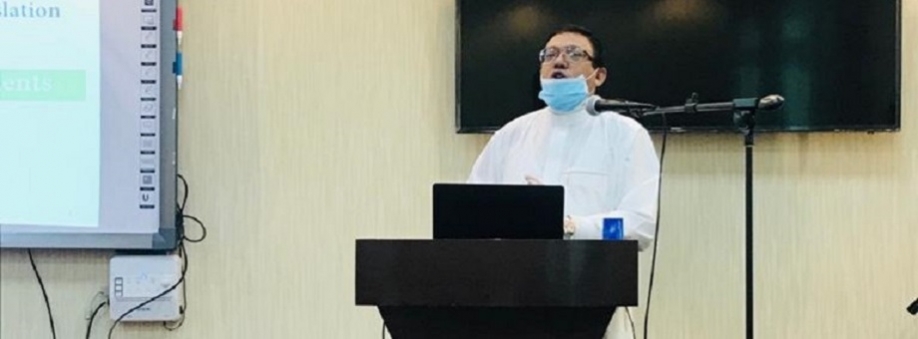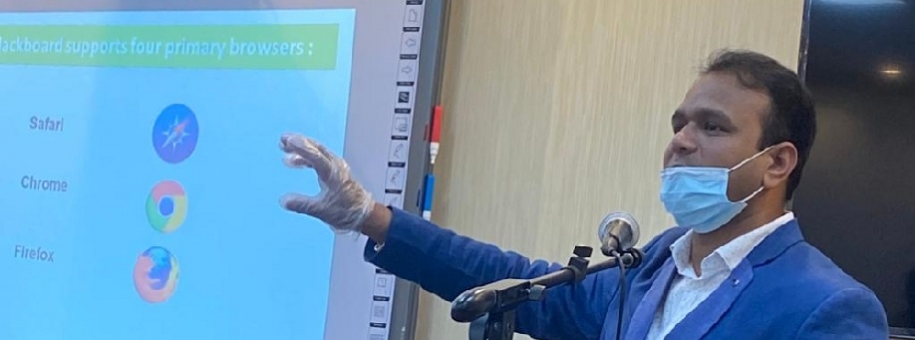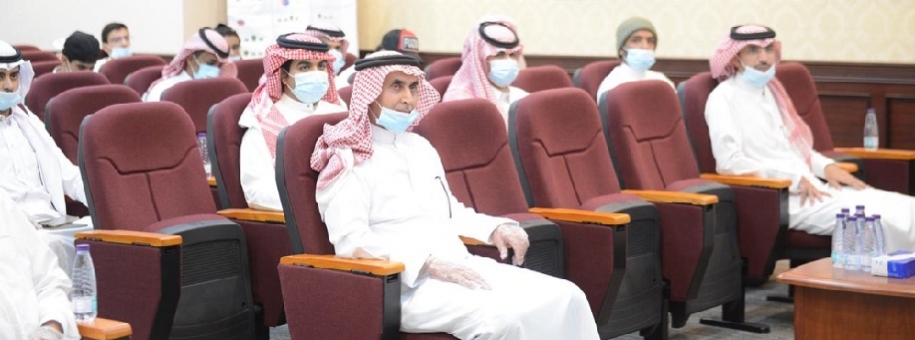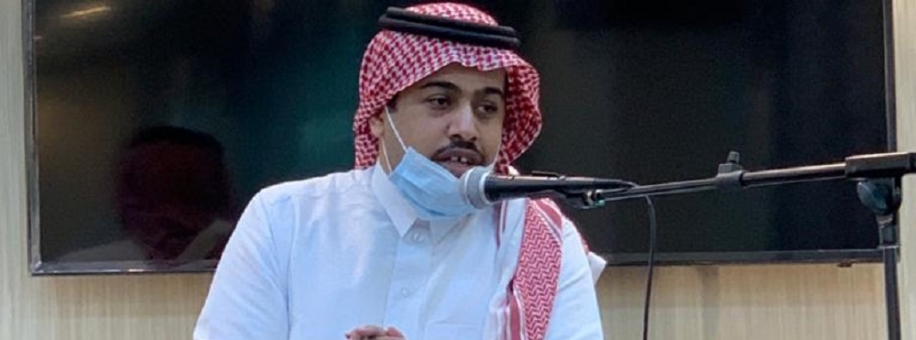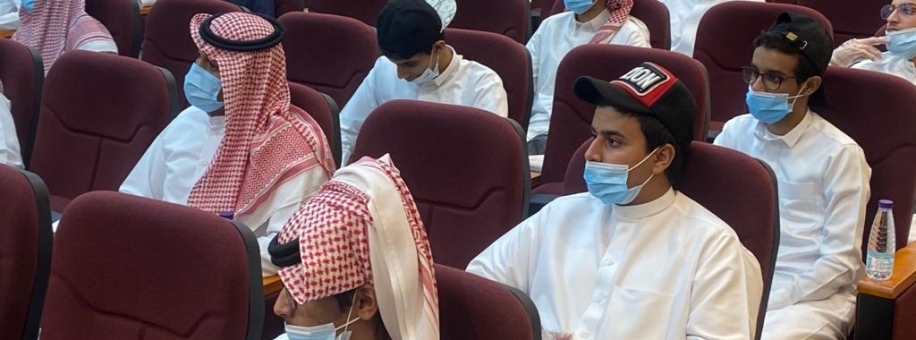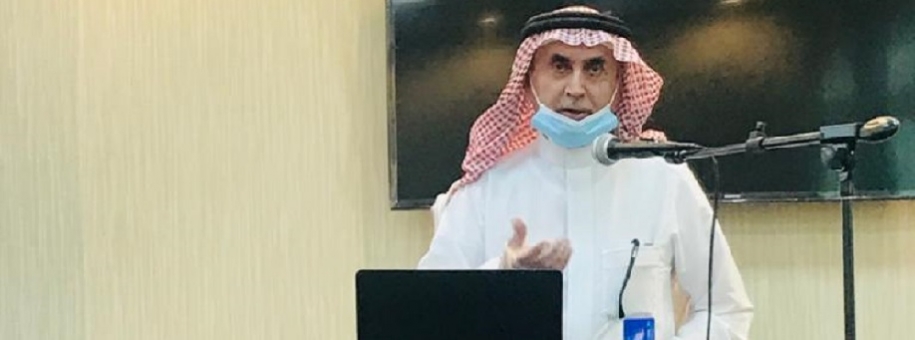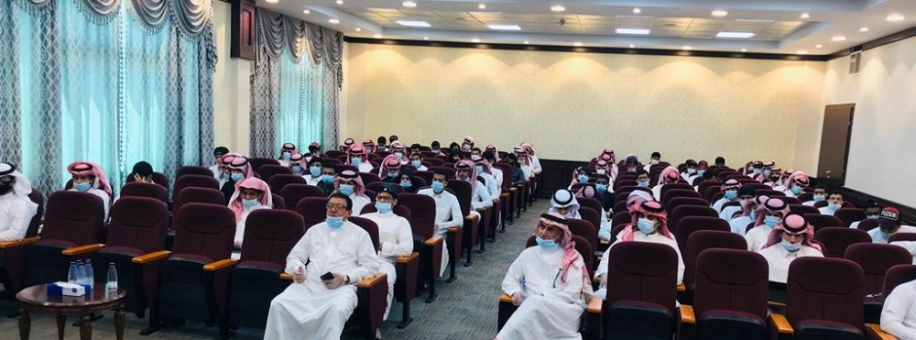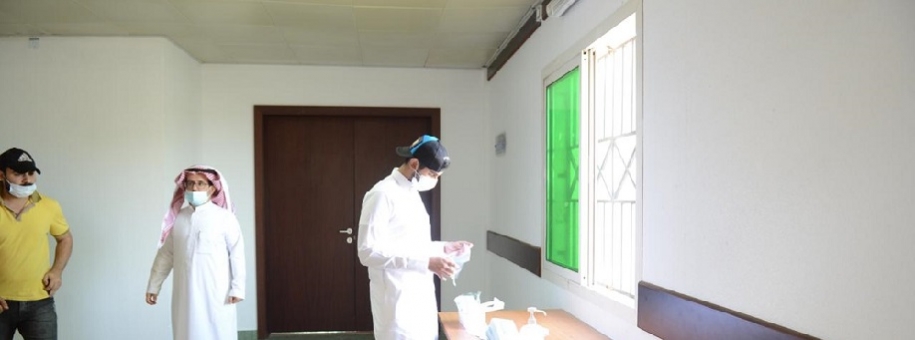Literary Translation: A Cynosure of Hopeful Translators, Yet Too Hard to Master
First-year Translation MA student, Abeer Al Asmari, delivered a webinar titled: "Literary Translation: A Cynosure of Hopeful Translators, Yet Too Hard to Master" at a regular biweekly event organized by the Language Research Center (LRC) on September 30, 2020.
Abeer, while quoting John Keats, first defined Literary Translation. She said, "It is a genre of literary creativity in which a work written in one language is recreated in another." She emphasized literary creativity by labeling literary translation as a form of creative writing. Abeer moved on to talking about the significance of literary translation. Literary translation, she added, helps us have proper exposure to other cultures and a better understanding of other countries. She argued that a literary translator should be bi-cultural in addition to being bilingual.
She highlighted controversy over literary translation by specifying that there are boundaries between translating and re-writing literary texts that require demarcation in new standards. She thought that it is upsetting to find some translators exceeding the beauty hidden in the original texts. She, therefore, emphasized that the beauty of the original texts must be maintained by the translators so that it is not lost in the translated version. She added some more lucid points by quoting Pinker (1997), Newmark (1988), and Benjamin (1973). She also quoted Daniel Hahn, director of the British Centre for Literary Translation, by calling his statement even more convincing.
Abeer highlighted the challenges involved in this genre by explaining why translators stay away from this. The worst challenge, she added, lies in the phonological level, which includes rhyme, rhythm, meter, assonance, onomatopoeia, alliteration, and consonance. This level, she noted, makes translation an arduous task for the translators. Another challenge involved is in the stylistic level that includes metaphor, puns, and similes. Culture is also another challenge a translator may face, she added. She finally focused on potential solutions by explaining the ways to overcome those challenges.
Abeer concluded by quoting Umberto Eco and said, "Translation is the art of failure."
LRC Director, Dr. Ismail Alrefaai, and Dr. Eyhab Bader Eddin MCIL CL MITI, Abeer's instructor, sincerely thanked Abeer for her effective presentation, which allowed for a better understanding of literary translation through unique insights. They stressed the importance of throwing weight behind MA students who possess burning enthusiasm and pluck up the courage to follow suit. Abeer's fellow students provided her with unflagging support by their attendance. It is hoped that such webinars would create a window of opportunity for other students to stand on the stage and take up the torch lit by Abeer. It was undoubtedly a very informative webinar, garnering the active participation of both male and female faculty members and students alike.
The Master of Arts in Translation program at the Faculty of Languages and Translation is committed to providing student-centered professional development activities that are consistent with program learning outcomes and labor market developments.
Date: 10/1/2020
Source: Mohammad Adil Siddique


